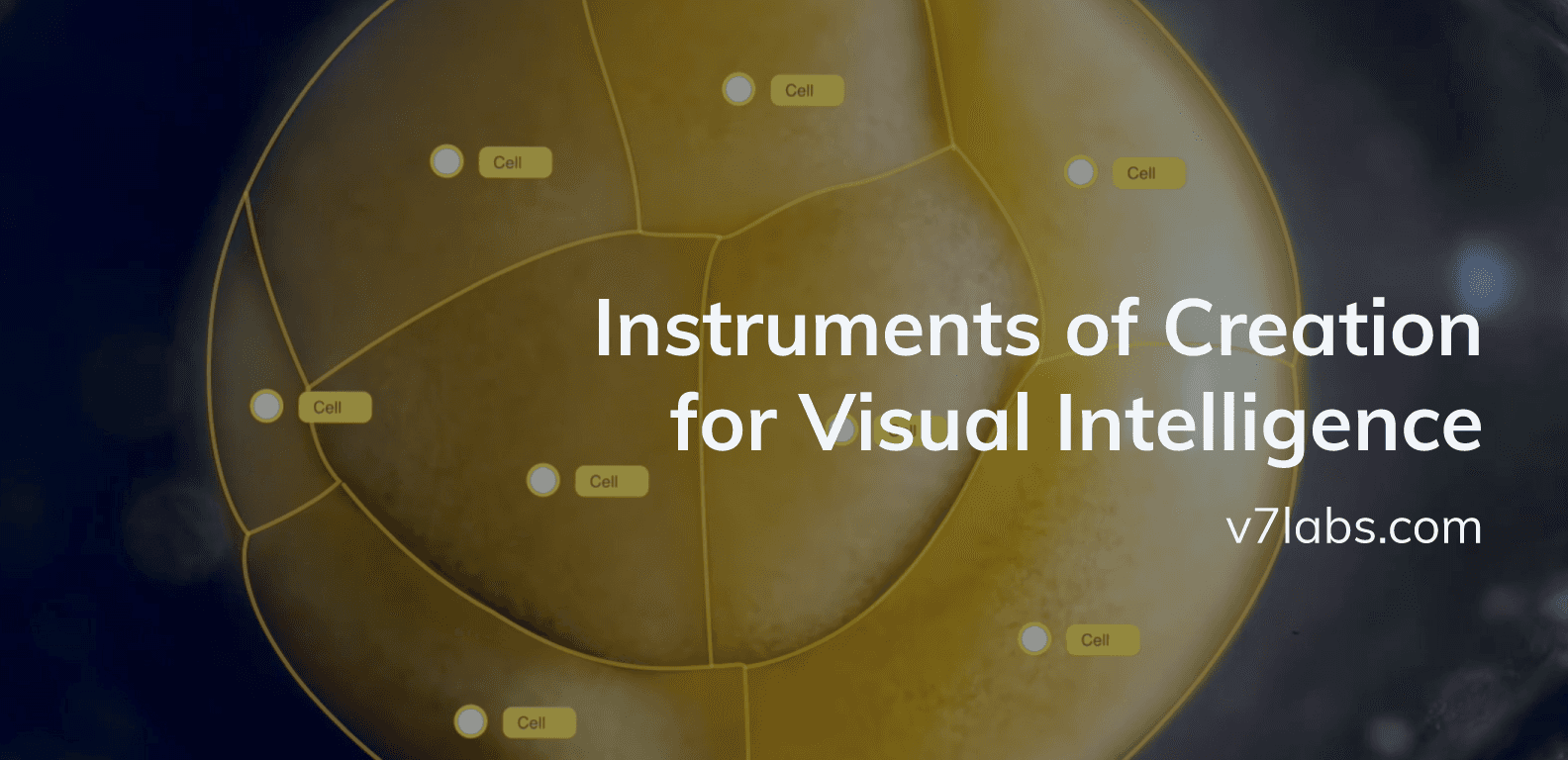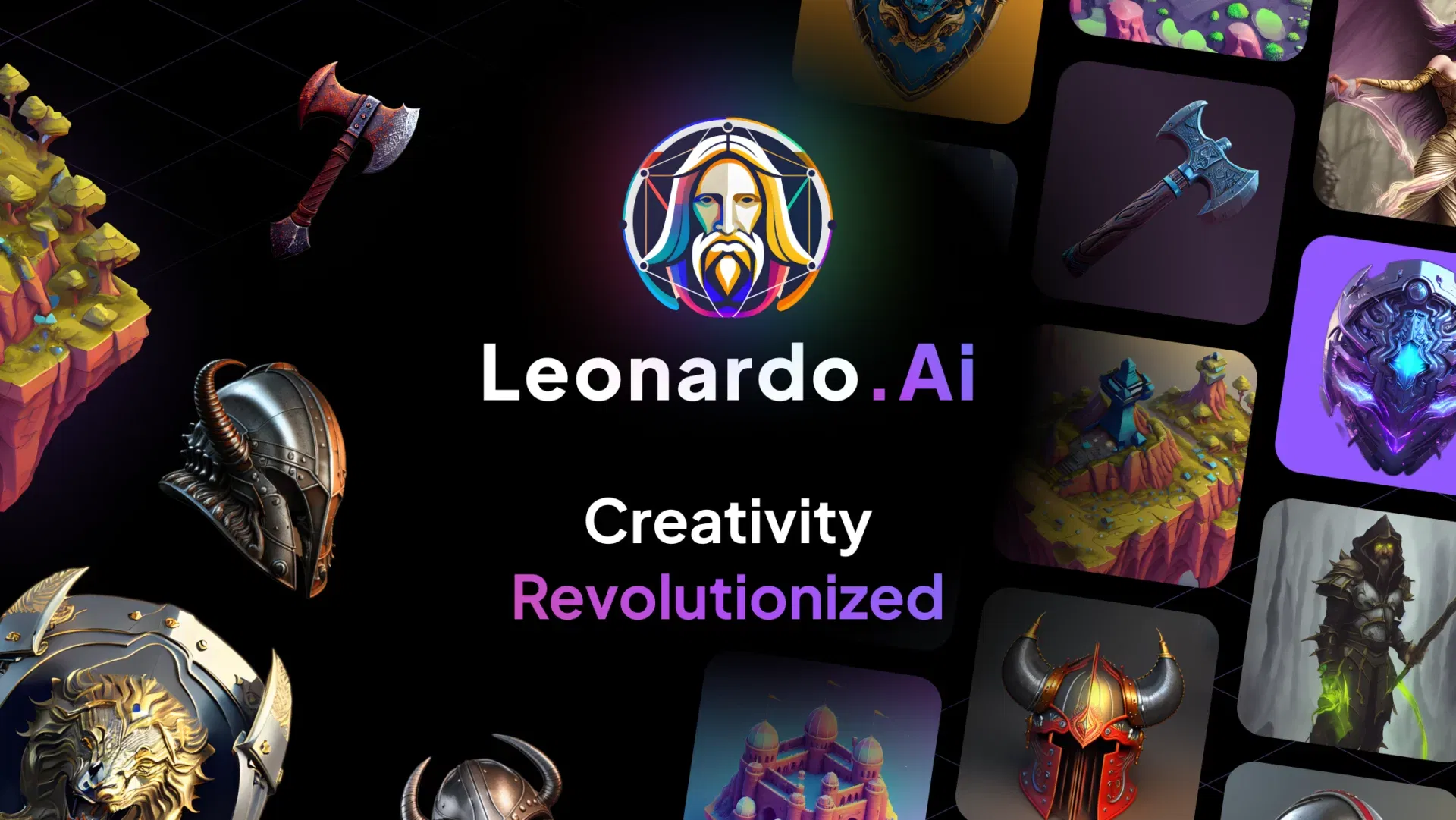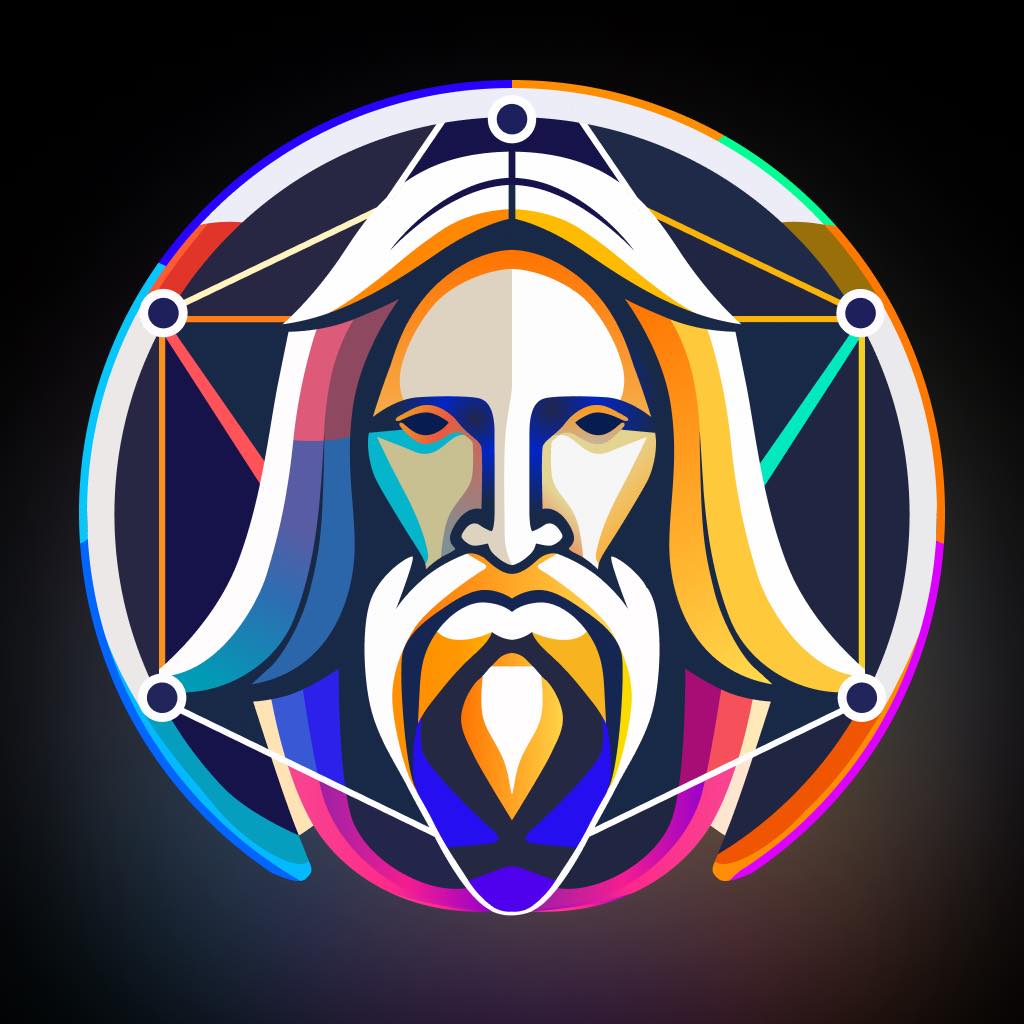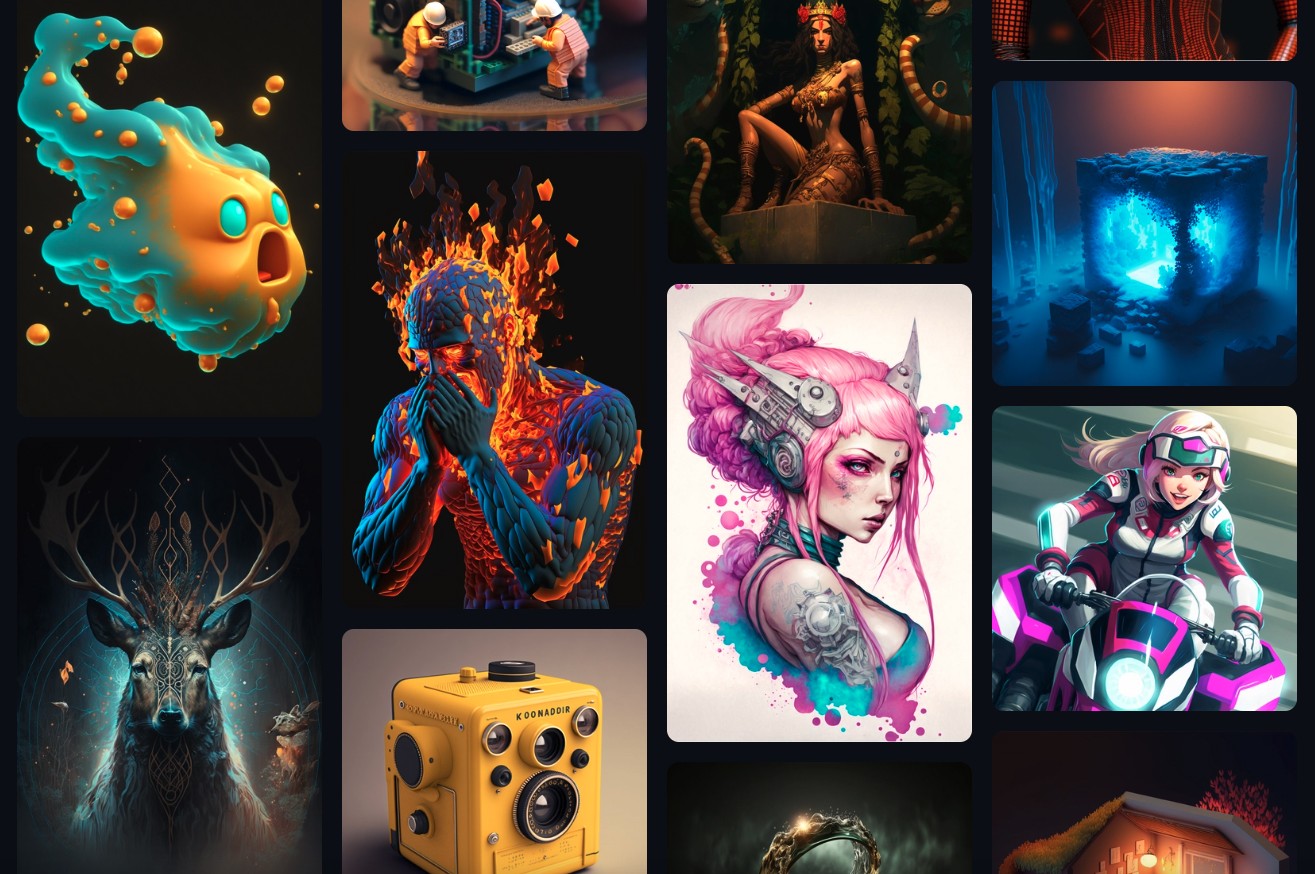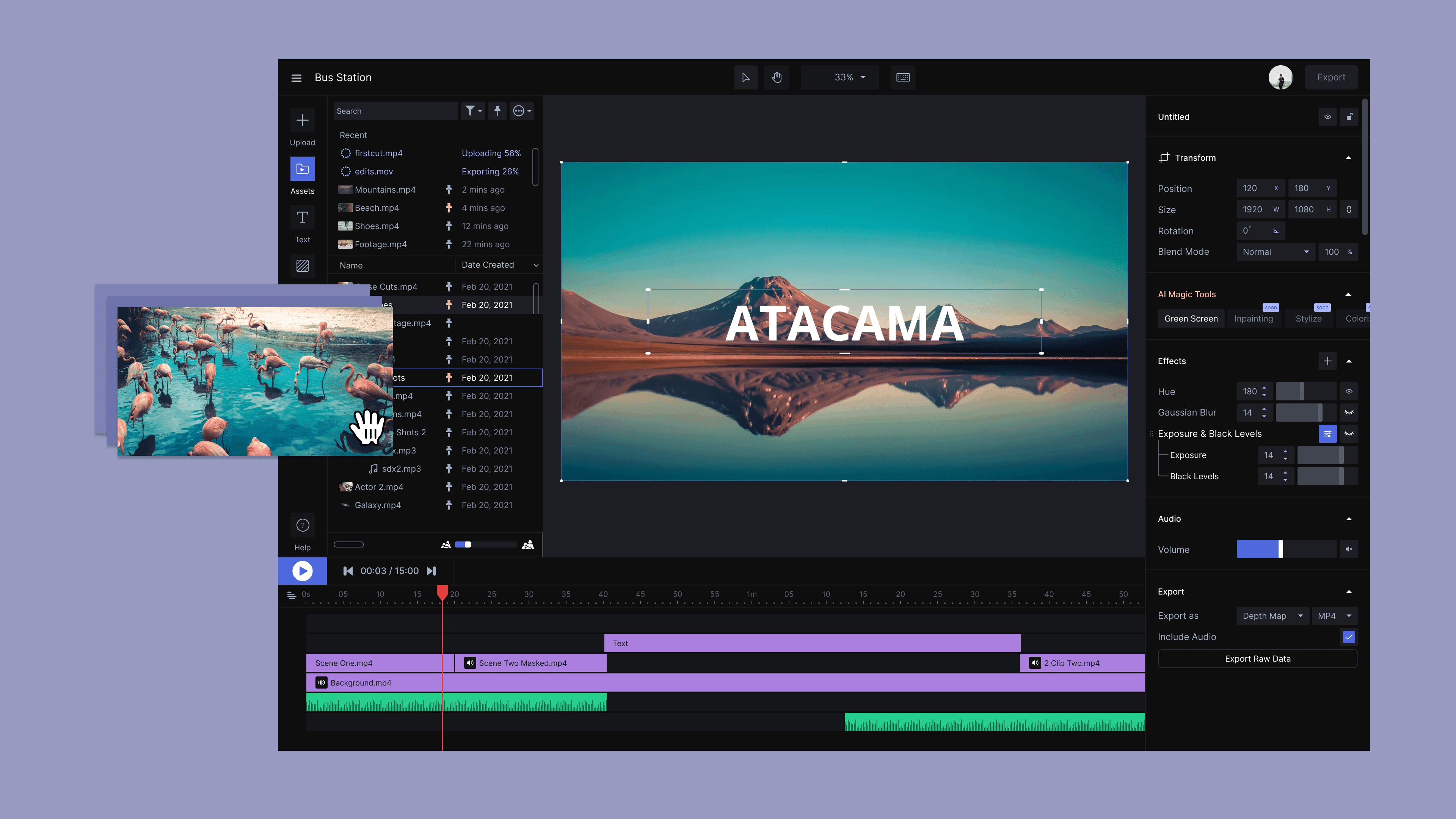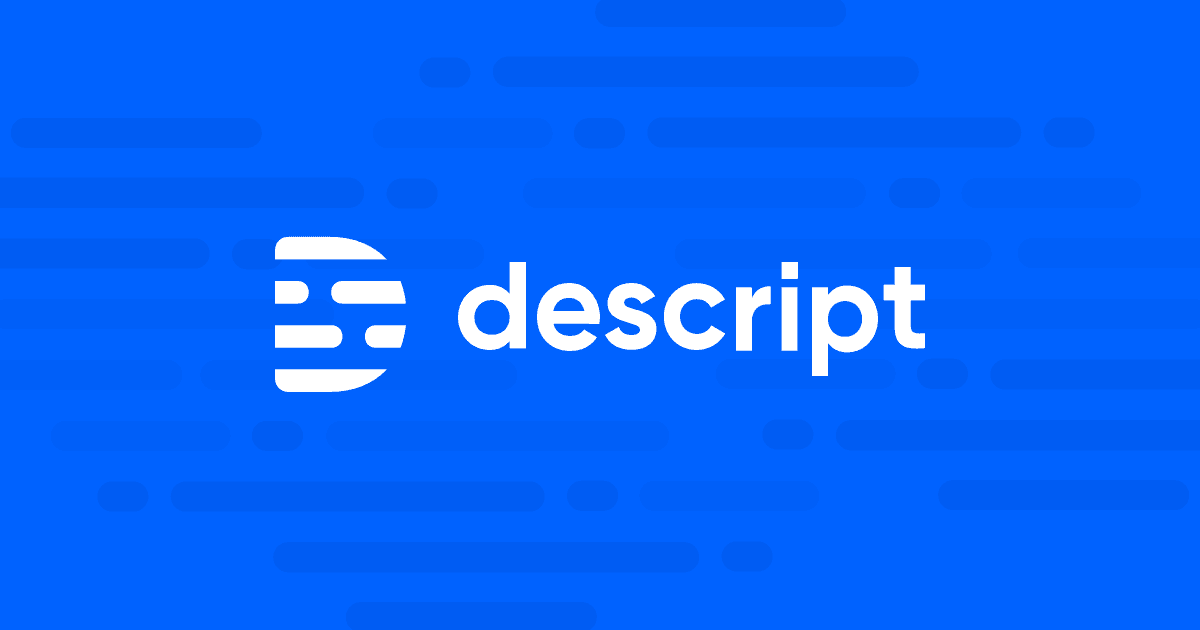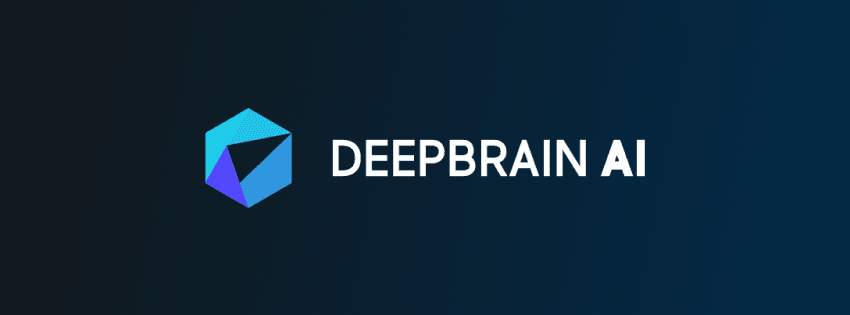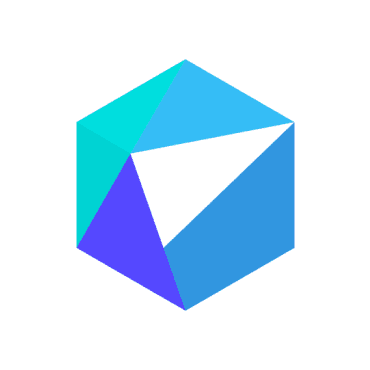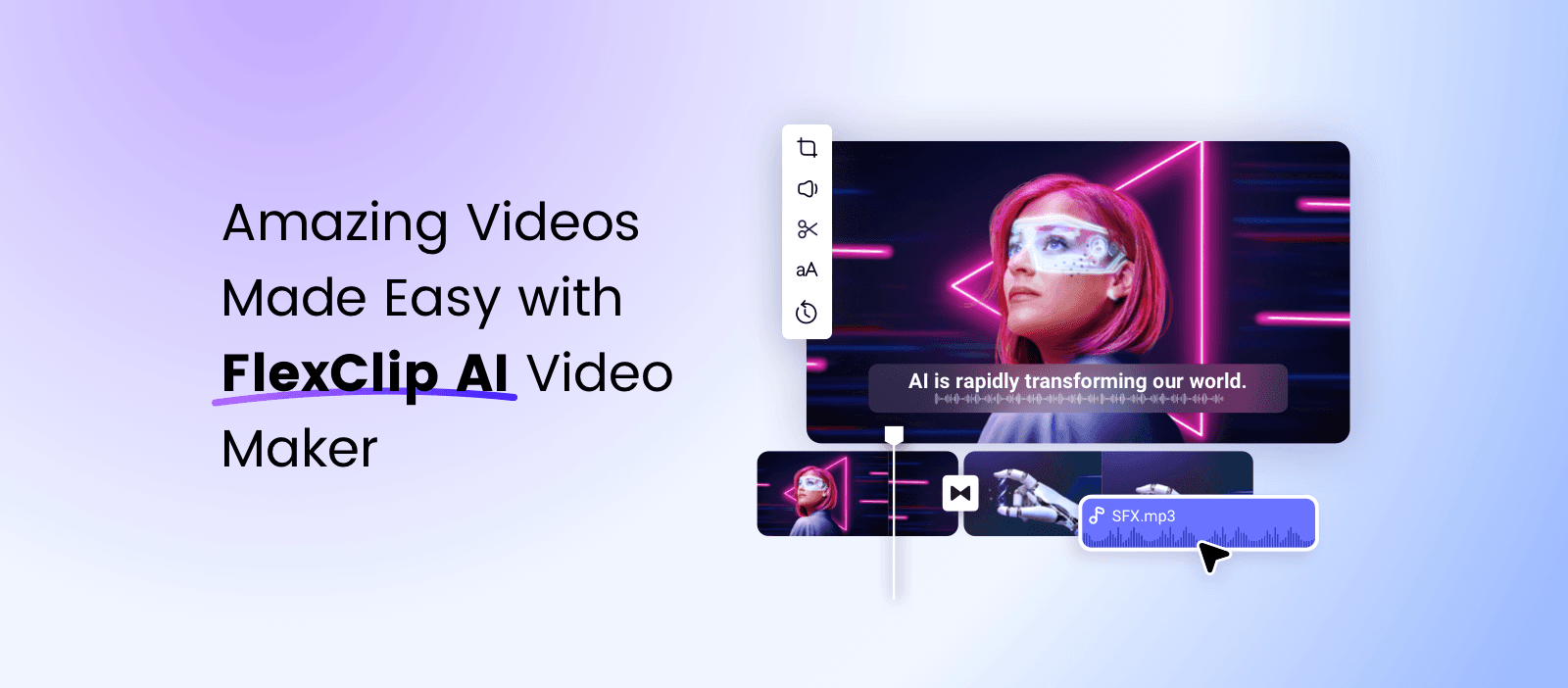V7 Darwin: AI-Powered Data Annotation and Training Platform for Computer Vision
V7 Darwin is an advanced platform designed to facilitate the data annotation and training process for machine learning models, particularly in computer vision applications. The platform supports high-quality labeling of images and videos, enabling businesses and research teams to build robust datasets for training AI models. With AI-assisted tools for automating annotation tasks and managing large datasets, V7 Darwin simplifies the process of training models for tasks such as object detection, facial recognition, and autonomous systems. The platform also integrates with popular machine learning frameworks, making it a seamless solution for developing and deploying AI-driven applications.
Key Features:
AI-assisted data annotation: Automate the labeling of images and videos, reducing manual effort and improving efficiency.
Large-scale dataset management: Easily manage, organize, and process large datasets for training machine learning models.
Custom model training: Train machine learning models directly on annotated datasets for specific use cases.
Integrations with ML frameworks: Seamlessly integrate with popular machine learning frameworks such as TensorFlow and PyTorch.
Collaboration tools: Share datasets and collaborate with team members in real-time to streamline the labeling process.
Why use V7 Darwin:
V7 Darwin is a powerful solution for teams working on computer vision projects that require large amounts of annotated data. Its AI-assisted annotation tools speed up the process of labeling datasets, allowing users to focus on building and refining their machine learning models. With the ability to handle large-scale datasets and support for various machine learning frameworks, V7 Darwin is an ideal platform for businesses and researchers looking to enhance their computer vision applications. Its collaboration features also make it easy for teams to work together on labeling tasks, improving overall productivity.
Ideal Use Cases:
Object detection: Label and train machine learning models for detecting and classifying objects in images or videos.
Autonomous systems: Use annotated datasets to train models for self-driving cars, drones, or other autonomous machines.
Medical imaging: Annotate medical images for training AI models in diagnostics and treatment planning.
Facial recognition: Build robust datasets for facial recognition applications in security and user authentication.
Industrial inspections: Train AI models to detect defects, anomalies, or other issues in industrial or manufacturing processes.

